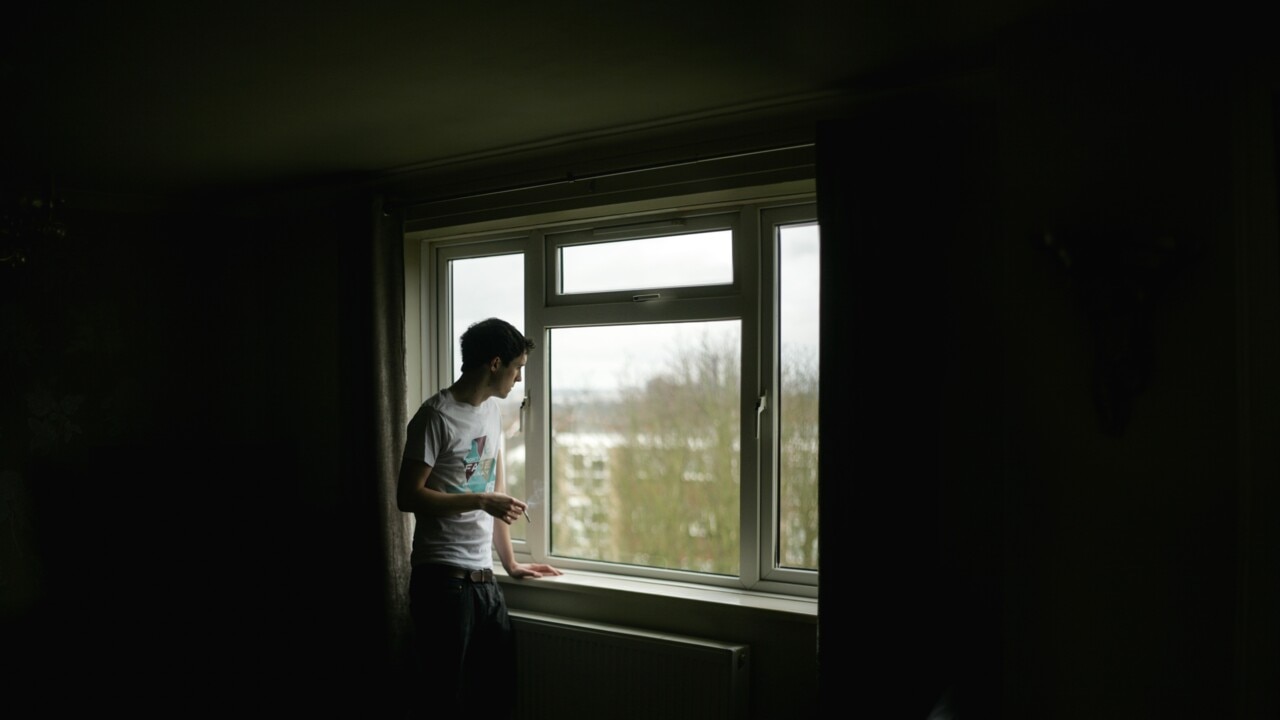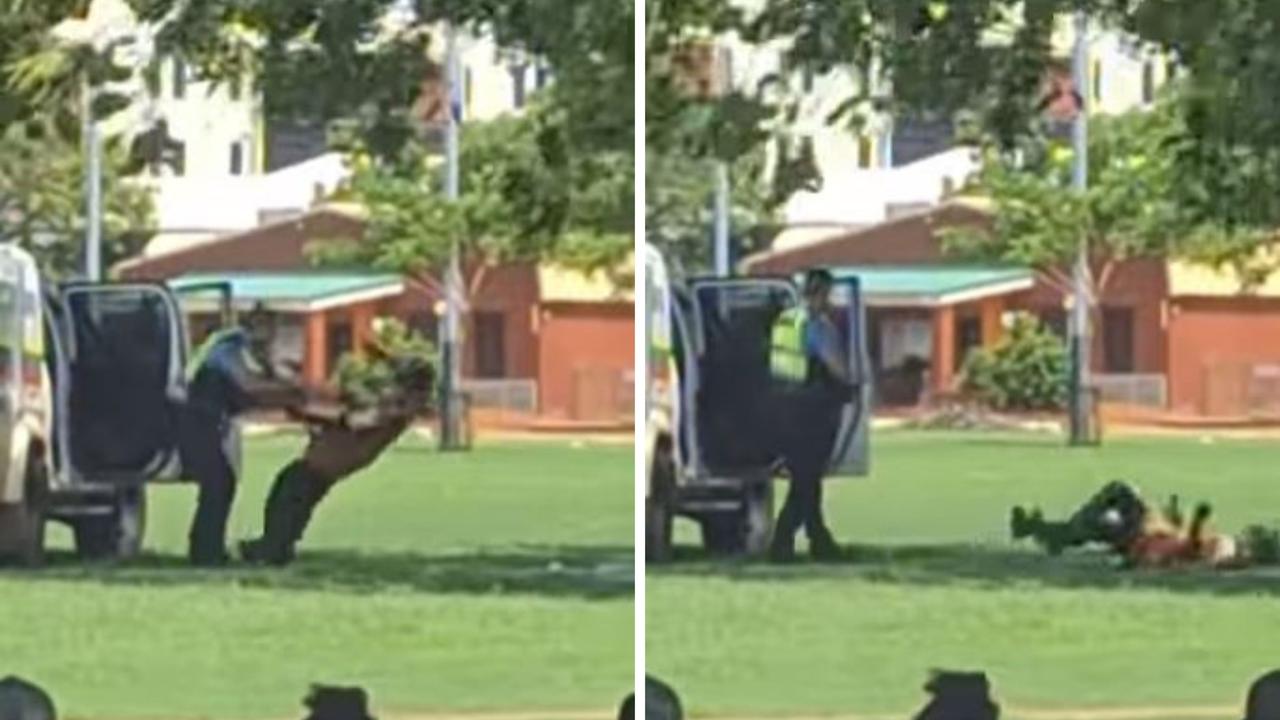Coercive control should be criminalised in NSW, parliamentary inquiry finds
Coercive control should be criminalised in NSW, a parliamentary committee has found, amid a “pandemic of domestic abuse” that cannot be ignored.

Coercive control should be criminalised in NSW, a multiparity parliamentary committee has found, amid a “pandemic of domestic abuse” that cannot be ignored.
Following a discussion paper on the issue released last October, the inquiry heard from more than 100 witnesses across the state, including domestic violence workers and advocates, prosecutors, police and academics, making a unanimous recommendation to create a stand-alone offence for coercive control “as part of a comprehensive, considered, holistic reform”, CEO of Rape & Domestic Violence Services Australia, Hayley Foster, told news.com.au.
“The reason this outcome is so significant is that the government has listened and heard people with lived experience of domestic and sexual violence that the current legal system was not equipped to effectively respond to the violence and abuse they had experienced — and committed to doing something meaningful to address this failing,” Ms Foster, the former CEO of Women’s Safety NSW, said.
“People with lived experience of domestic and sexual violence will now be afforded the recognition and validation that what they were subjected to as often the most dangerous and damaging aspects of their experience was a crime, that what happened to them mattered.”
Coercive control is a form of abuse in which the perpetrator asserts dominance and control over someone through repeated patterns of behaviour, and can include monitoring or surveilling their communication, preventing them from seeing family and friends, and intimidating them.
Criminalising it is one of 23 recommendations to emerge following the eight-month inquiry from the Joint Select Committee on Coercive Control, tabled on Wednesday.
RELATED: 31 days show ‘national shame’
“ Criminalising coercive control won’t prevent it.â€
— Coercive Control & Recovering From Trauma (@CCCBuryStEd) June 30, 2021
No, of course it won’t. Rape laws haven’t stopped rapists. Criminalising murder doesn’t stop murder.
Assault laws don’t stop assault.
What it DOES do is set down what is and isn’t acceptable in society.
As Chair of @DV_NSW and with my WCS hat on, I am utterly delighted by this move towards criminalisation & the cautious & engaged process by which this will happen.
— Annabelle Daniel OAM (@WCS_CEO) June 30, 2021
Thank you @natwardmlc@TrishDoyleMP@AbigailBoydMLC for your significant efforts on this part of the project. https://t.co/VFbGKsVE2B
NSW is the only state without a definition of "domestic violence" or "domestic abuse" in its laws. The committee says we should create one and it should include coercive and controlling behaviour. This is a priority and should come before criminalisation, they say.
— Hannah Ryan (@HannahD15) June 30, 2021
“The pandemic of domestic abuse evidenced through statistics cannot be ignored,” the findings said.
“It is clear that coercive control is a factor and red flag for the horrific and preventable murder deaths of Australian women and children — some 29 murders in 2020 alone in NSW.”
Out of 112 instances of intimate partner homicides between 2008 and 2016 in NSW, 111 were preceded by coercive control, the Domestic Violence Death Review Team found.
The report notes that coercive control “is a silent, hidden and deathly pandemic. Like a canary in a coal mine, the statistics are our warning that we have an opportunity to act”.
The decision, Ms Foster said, “says so much” about our national — or at least statewide — understanding of the complexities of domestic violence, long perceived by many as only constituting physical forms of abuse.
“It says that, as a nation, we have the capacity to fully understand the prevalence, the presentation, and the insidious impacts of domestic and sexual violence, and we have the capacity to better respond,” she said.
“It says that we have the political will — in our parliaments and across our diverse communities — to finally invest in the meaningful reforms needed to reduce domestic and sexual violence.
“It means we have a moment in time right now to work across the aisles and across the community to make real changes which will alter the trajectories of women, children and families in the generations to come.”
Under current laws in NSW, some types of controlling behaviour are covered — but the committee was told the justice system was geared to respond to individual incidents of physical violence.
The State Government should propose amendments to the Crimes (Domestic and Personal Violence) Act 2007 to create “a clear and accessible definition of domestic abuse”, the inquiry found, which “should be done as a priority, before criminalising coercive control”.
Among the other recommendations from the committee is that the government should increase the maximum penalty for contravening an apprehended violence order (AVO); run awareness campaigns for diverse communities; and improve resources for women’s domestic violence court advocacy services, including in rural and regional areas.
RELATED: Sign new boyfriend was not as he seemed

“The NSW government will consider the findings and recommendations of this substantial body of work, with the care and diligence it deserves,” NSW Attorney-General and Minister for Prevention of Domestic Violence Mark Speakman said.
“I said at the outset that any legislative reform must be approached with great care and caution, because there are no easy answers. Any response must ensure it does not have the unintended consequence of further hurting those in our community we are seeking to help.”
Ms Foster said that, provided the recommendations are implemented effectively by the NSW Government, “people with lived experience of domestic and sexual violence will, in time, also receive a better response and more support from friends, family members, colleagues, community members and the vast range of social and legal services with which they come into contact”.
“More people will [also] be able to recognise the problematic behaviours in their relationships and the relationships of their loved ones, the red flags of coercive control, and reach out for safety and support sooner,” she added.
The implementation of these reforms will “require extensive consultation with a diverse range of experts, including those with lived experience, and with Indigenous women and communities in particular”, Ms Foster explained.
“Moreover, we cannot wait to commence our education, training, and community development in earnest,” she said.
“If we are going to take this momentous and very necessary step, we need to ensure the community in all our diversity understands the law and are equipped to respond effectively. We stand ready and willing to assist in this endeavour.”




